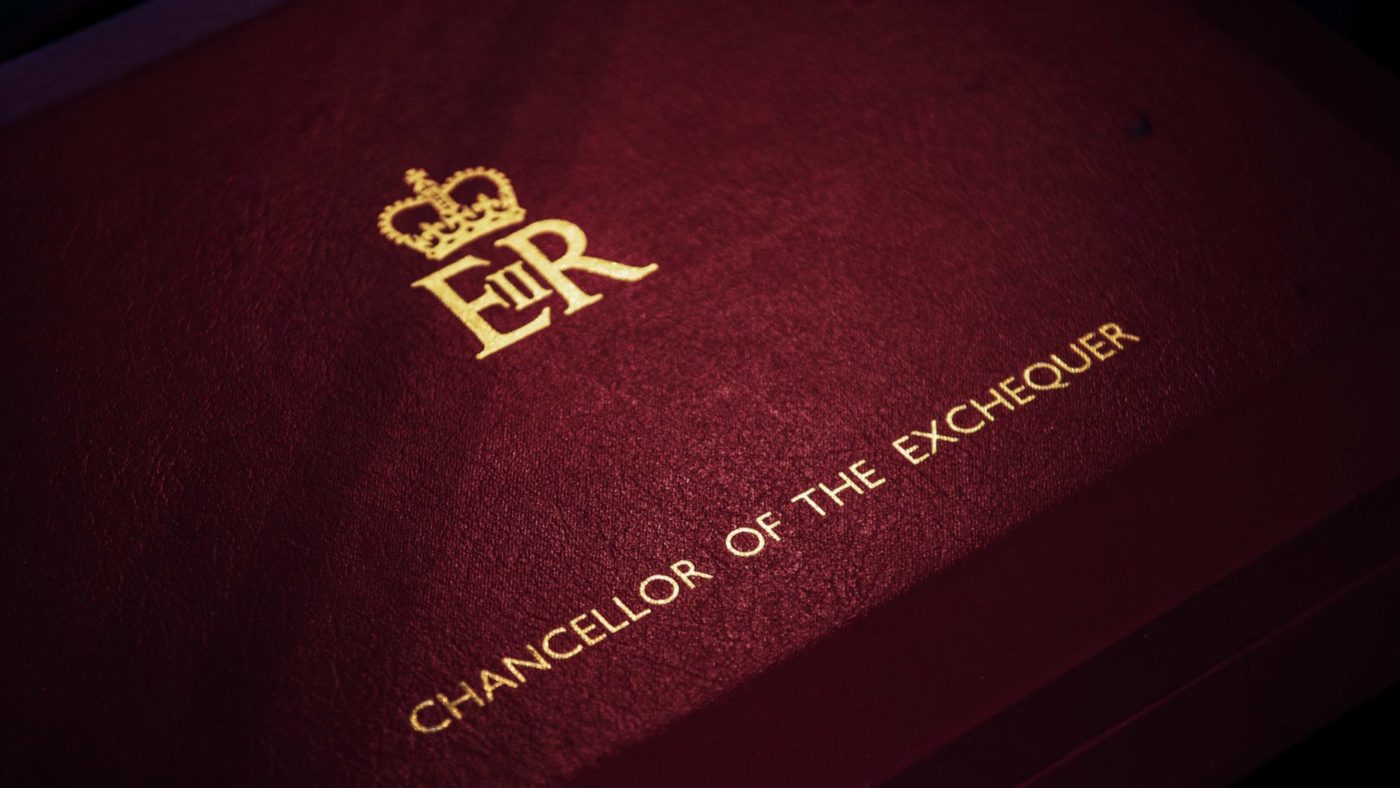On Saturday, I explained why I thought the post-austerity political landscape was a tricky one for the Conservatives to navigate. Delivering his Budget today, Philip Hammond revealed an awareness of the hazards that exist for his party.
Between the bad jokes and cries of outrage from the opposition benches, the Chancellor told the House of Commons that “austerity was not driven by ideology but driven by necessity and the failure of the party opposite in government”. On more than one occasion he referred to “Labour’s great recession”. Austerity was “coming to an end,” he said, because the hard work of the British people is paying off.
This is the language Hammond and his party will need to stick to ruthlessly if they are to avoid the end of austerity looking like an admission of defeat.
But more interesting than the Chancellor’s efforts to win the argument over why austerity is ending, or to disprove Labour’s claim that this is all a con as “austerity grinds on”, was his attempt to define this economic turning point on his own terms.
Hammond fleshed out a version of ending austerity that puts clear blue water between the Conservatives and Labour. “My definition of austerity does not involve increasing people’s tax bills,” he said.
Elsewhere, he said that “ending austerity is not just about funding services, it’s about real wage growth and leaving more hard-earned cash in people’s pockets”. That is a welcome recognition of the fact that government action is, in many ways, to blame for the cost of living crisis.
The biggest move to back up the Chancellor’s talk here was comparatively modest, bringing forward a pre-existing promise to raise the personal income tax allowance by one year. Freezing duty on fuel, beer, cider and spirits sends a similar message.
When it comes to where the extra money is going, the Conservatives are ending austerity according to the tried and tested political tactic of neutralising your opponents points of strength and underlining their points of weakness.
The £20 billion spending boost for the NHS – which, in the eccentric Budget lexicon Hammond called “a star bunny that escaped early” as it was announced by the Prime Minister in June – is the clearest and biggest example of the former. As is the abolition of PFI contracts.
An extra £1bn for defence and, on a much smaller scale, money for war memorials and anti-Semitism charities were intensely political examples of the latter.
The third category of spending could best be described as fire-fighting and fire-proofing. These pledges ranged from the politically significant – more money for Universal Credit – to small-scale (a pothole fund and a one-off pile of cash for schools) and regional commitments designed to address everyday problems from which voters can draw big political conclusions.
Hammond may not have splashed enough cash to meet some think tanks’ definitions of an “end to austerity”. And the forecast 1.2 per cent average annual spending increase for Whitehall departments falls to zero when you take the rise in NHS funding out of the calculations.
But today undoubtedly marks an economic and political turning point for Britain.
Philip Hammond articulated a unequivocally Conservative version of ending austerity, defined in a way that he will hope avoids politics becoming a spending arms race that the Tories are bound to lose.
Today’s Budget speech ended with a promise that “austerity is coming to an end but discipline will remain. And that is the dividing line in British politics at the moment”. The risk is that the Conservatives get caught in no man’s land. Giving up on balancing the books could be a broken promise voters hold them to. And so the main threat remains being seen as neither generous nor responsible.
But today Philip Hammond presented his colleagues with a rough draft of a plan to avoid that happening.


